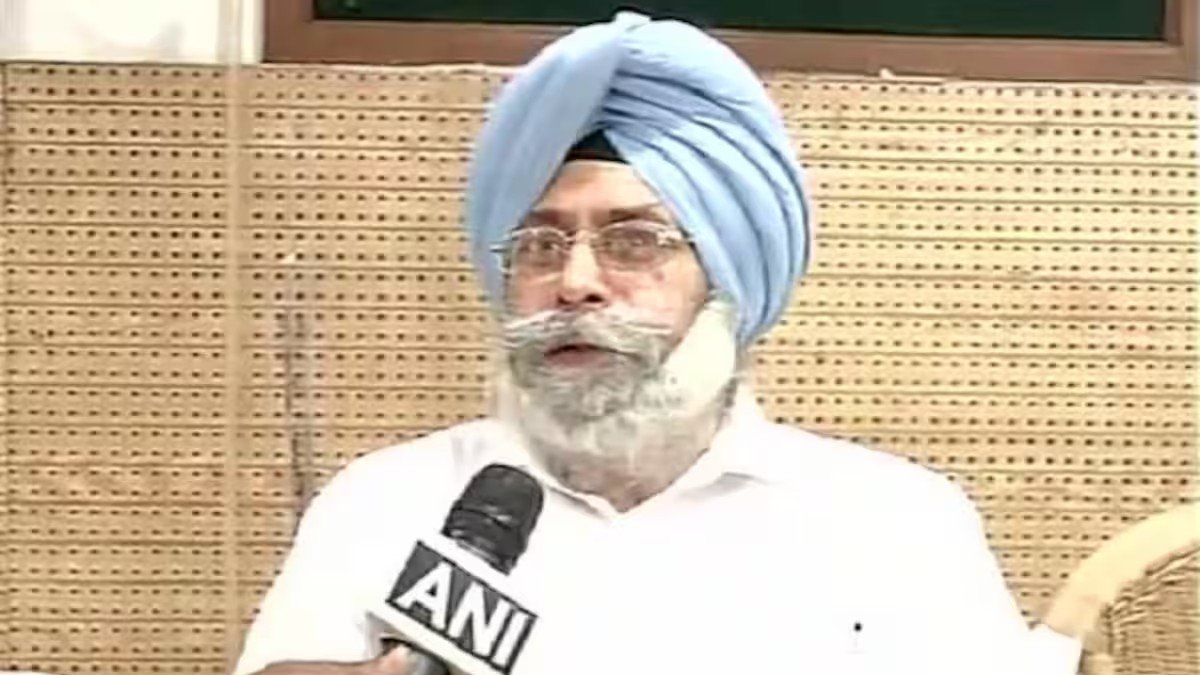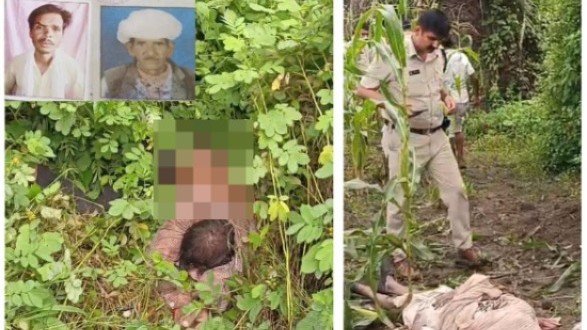Chandigarh: Former Aam Aadmi Party (AAP) MLA and human rights lawyer, Harvinder Singh Phoolka on Saturday announced that he would be joining the Shiromani Akali Dal (SAD).
Phoolka, 69, who is a senior lawyer and has been fighting a four-decade-long legal battle for the victims of 1984 anti-Sikh riots in the Supreme Court told newspersons here that there is an urgent need to strengthen the regional party, the SAD.
Phoolka, who was leader of opposition in Punjab assembly, had resigned in 2017 as MLA from Dakha (district Ludhiana) when he was debarred from practising as a lawyer for acquiring an office of profit, appealed to the SAD to launch a membership drive and held he would be among the first to register.
Stating that the recent reforms in the SAD’s leadership were a positive development, Phoolka, said that Punjab needed a strong regional party to address its various challenges. Referring to recent developments in the SAD such as penance by Akali leaders for their religious mistakes, Phoolka held that the same would create new opportunities to strengthen the party.
Phoolka lashed out at the chief minister Bhagwant Mann-led AAP government’s failure to ensure adequate security for the former SAD chief Sukhbir Badal – who had recently narrowly escaped an assassination attempt by a former Khalisatani terrorist Narain Singh Chaura at Golden Temple, Amritsar, while serving the punishment decreed by the Akal Takht for the religious misconduct during SAD government from 2007 to 2017.
For record, Sukhbir and other Akali leaders had been declared as “tankhaiya’’ (guilty of religious misconduct) about three months ago for the mistakes committed by the party during its rule. Flagged by some rebel Akali leaders, the Akal Takht, the supreme temporal seat of Sikhs, had pronounced “tankhah’’ for Sukhbir and other Akali leaders on December 2 last. The said mistakes included pardoning Sirsa-based Dera Sacha Sauda head Gurmeet Ram Rahim Singh in 2015 that had also triggered clashes between the followers of Dera and the Sikhs in Punjab.




